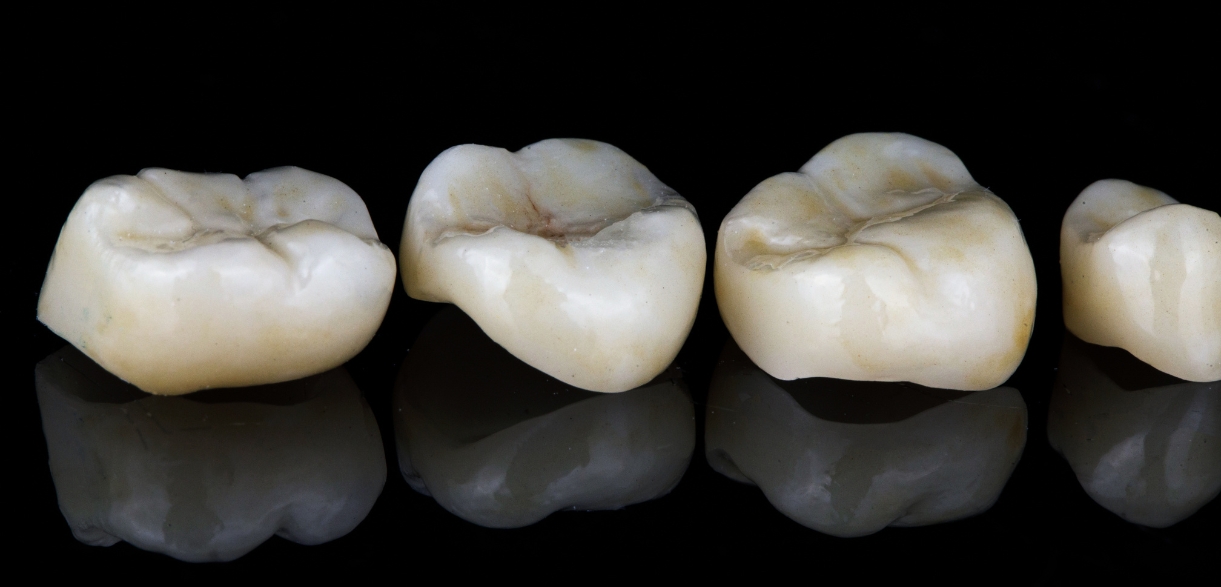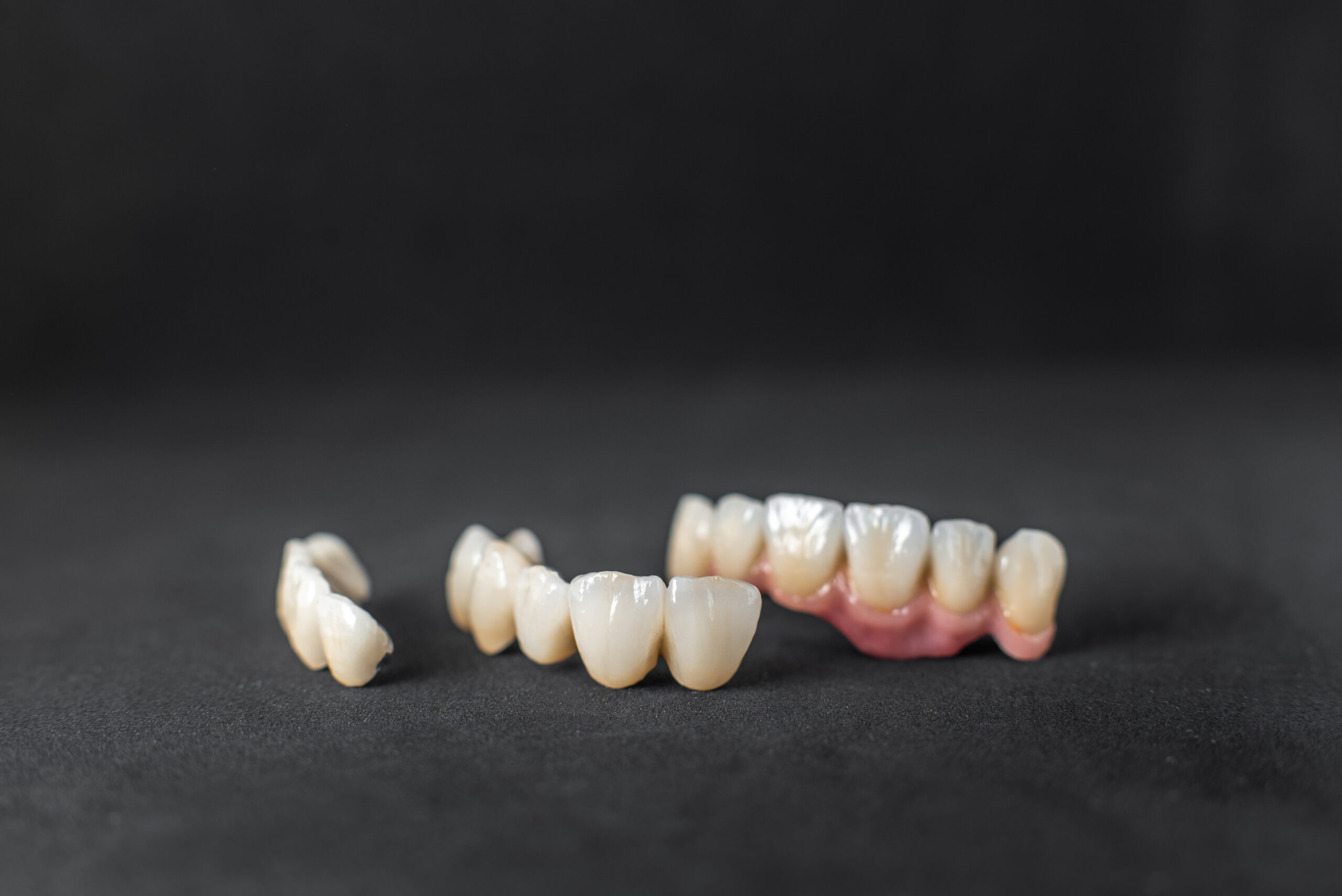
Dental crowns are an effective solution for restoring damaged or decayed teeth. After dental crowns, proper care is essential for maintaining longevity and ensuring optimal oral health. With the proper post-treatment habits, you can enjoy your crowns for years. This blog will discuss how to care for your teeth after getting dental crowns.
Maintain Good Oral Hygiene
After getting dental crowns in St. Charles, it’s crucial to continue practicing excellent oral hygiene. Brushing your teeth at least twice a day helps prevent plaque buildup, which can lead to decay around the crown. Make sure to use a soft-bristled toothbrush and fluoride toothpaste.
Why It’s Important:
- Plaque buildup can cause gum disease and tooth decay.
- Proper brushing prevents plaque from accumulating around the crown.
Flossing once a day is also essential. Use floss gently around the crown to avoid dislodging it.
Avoid Hard or Sticky Foods
Immediately after getting your dental crowns, avoid eating hard or sticky foods. These foods can put unnecessary pressure on the crown and cause it to crack or come loose. Eating soft foods for the first few days is best to allow your crown to settle correctly.
Why It’s Important:
- Hard foods can cause the crown to break or loosen.
- Sticky foods can dislodge the crown or cause discomfort.
Once your crown is fully set, you can resume eating regular foods but continue to avoid excessive pressure on the treated tooth.
Avoid Grinding or Clenching Your Teeth
If you grind or clench your teeth, addressing this habit is essential, especially after getting dental crowns. Grinding can cause damage to both your natural teeth and your crowns. If you’re unsure whether you grind your teeth, consult your dentist.
Why It’s Important:
- Grinding can crack or damage your dental crowns.
- Bruxism increases the risk of crown failure.
Consider using a night guard to protect your crown while you sleep. This device will shield your teeth from the pressure of grinding and clenching.
Monitor for Any Discomfort
After getting dental crowns, you may experience some discomfort or sensitivity, especially if your tooth was severely damaged before treatment. This discomfort should subside after a few days. However, if pain or sensitivity persists, contact your dentist immediately.
Why It’s Important:
- Persistent pain may signal an issue with the crown or underlying tooth.
- Early intervention prevents further complications.
If you experience sensitivity, avoid extremely hot or cold foods until the discomfort fades. Your dentist can adjust the crown to ensure proper fit and comfort.
Attend Regular Dental Checkups
After getting dental crowns, it’s essential to schedule regular dental checkups to ensure everything is in good condition. Your dentist will examine your crown, check for wear, and adjust as needed. These checkups also provide the opportunity to address any underlying issues.
Why It’s Important:
- Regular checkups catch issues before they become serious.
- Your dentist ensures the crown continues to function correctly.
Depending on your oral health and the condition of your crown, your dentist may recommend checkups every six months.
Watch for Signs of Damage or Wear
Although dental crowns are durable, they can still experience wear over time. Watch for signs such as a loose crown, discomfort when chewing, or changes in your bite. If you notice any of these issues, make an appointment with your dentist as soon as possible.
Why It’s Important:
- Prompt repair prevents further damage and potential tooth loss.
- Early treatment helps preserve the lifespan of your crown.
If a crown becomes loose or damaged, your dentist may need to replace it or make repairs.
Avoid Using Your Teeth as Tools
It is tempting to use your teeth to open packages or bite into hard objects, but this can damage your dental crowns. Always use scissors or other appropriate tools to avoid unnecessary strain on your crown.
Why It’s Important:
- Using your teeth as tools can cause chips or cracks in your crown.
- Avoiding this habit helps preserve your crown’s integrity.
By caring for your crown and following these simple tips, you can extend its lifespan and ensure it continues functioning as intended.
Keep Your Dental Crowns Healthy and Strong
Caring for your dental crowns is essential for their longevity and function. Maintaining good oral hygiene, avoiding hard foods, and promptly addressing discomfort will help your crown last many years. Regular dental checkups will ensure that your crown remains in top condition. With the proper care, your dental crowns will continue to restore your smile and enhance your oral health for years to come. Always follow your dentist’s advice for the best results.


